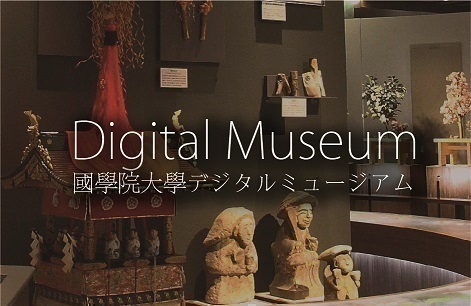- トップ
- Encyclopedia of Shinto
- Shinra Myōjin
Encyclopedia of Shinto
| Main Menu: | |
| Links: |
詳細表示 (Complete Article)
| カテゴリー1: | 2. Kami (Deities) |
|---|---|
| カテゴリー2: | Combinatory Kami |
| Title | Shinra Myōjin |
| Text | One of the "protectors of the dharma" (gohō;) in the Tendai sect of Buddhism, and tutelary of the famous temple Onjōji (Miidera) in Ōmi, Shiga Prefecture. According to legend, during the return of Enchin (Chishō Daishi) from China, a deity called Shinra Myōjin appeared onboard the ship in the form of an old man and vowed to protect the Buddha Dharma. After Enchin returned to Japan, the deity appeared again and led Enchin to Onjōji. Thereafter, leadership of the temple passed to Enchin from the earlier intendant priest Kyōtai. Enchin then had a shrine built to the north of the temple, where he enshrined Shinra Myōjin. This tradition is first recounted in the Onjōji ryūge-e engi, a legendary history compiled in 1062, but the deity had already been given an official rank (shinkai) in 971, making it evident that veneration of the deity preceded that date. The deity is most frequently portrayed iconographically as an old man wearing Chinese robes and headpiece, and holding a sutra scroll and scepter. The wooden, seated image of Shinra Myōjin possessed by Onjōji (classified as a national treasure) is a masterpiece of Japanese combinatory religious art. The Mii Mandala, called "three treasures of the original essence" portrays Shinra Myōjin together with the other three deities Mio Myōjin, Sannō Gongen, and Kifudō surrounding the bodhisattva Maitreya (Miroku); this mandala was used in important Buddhist rites at the temple Onjōji. From the medieval period, the honji (original essence; see honji suijaku) of Shinra Myōjin was identified variously as Monju Bosatsu (Skt. Bodhisattva Manjushri) or Fudō Myōō (Skt. Acala Vidyaraja), and he was frequently merged with other deities like Susano no mikoto, Gozu Tennō, and the "dragon king" Sagara Ryūō. Shinra Myōjin is still enshrined at the Shinra Zenjindō north of Onjōji. -Kadoya Atsushi |




